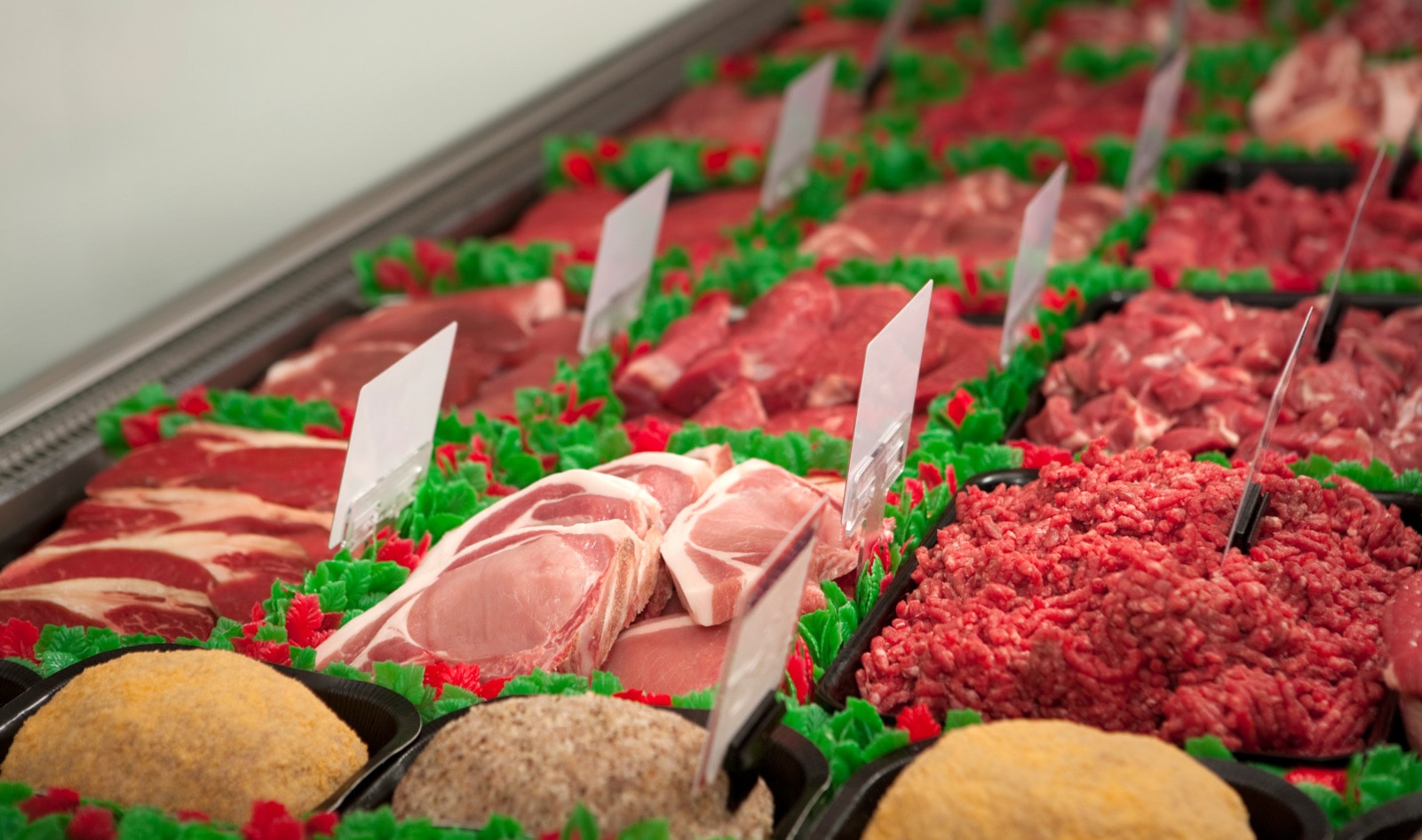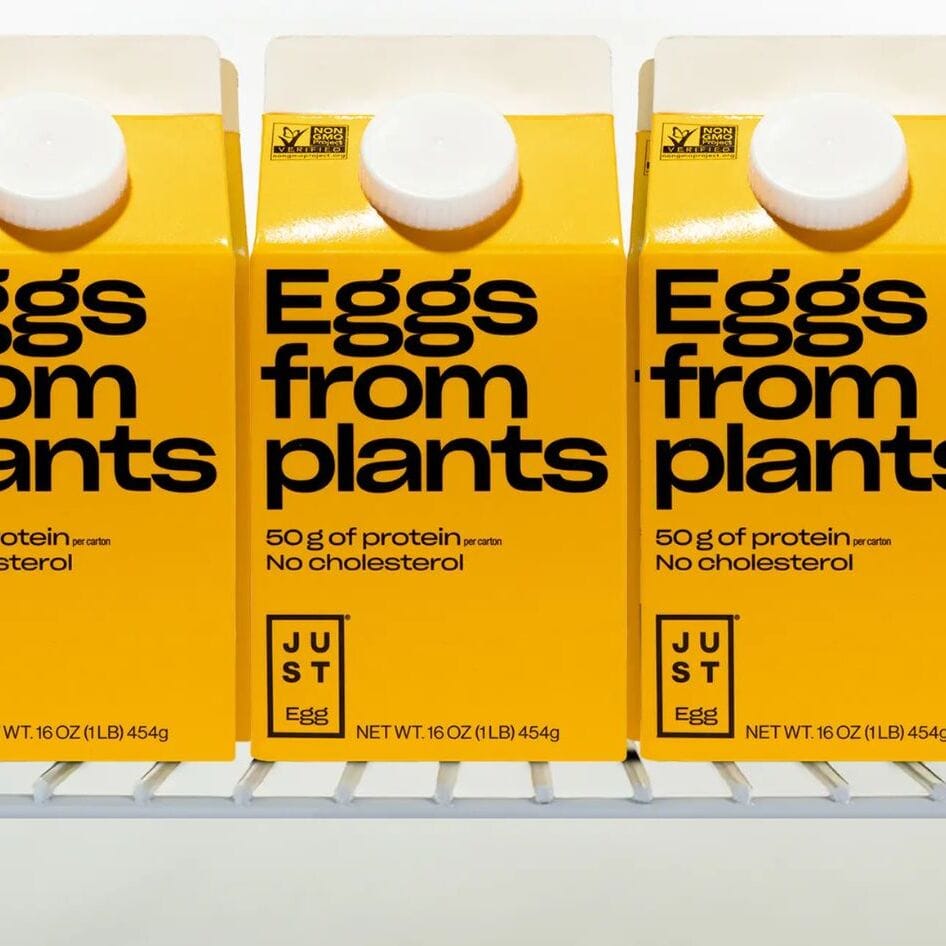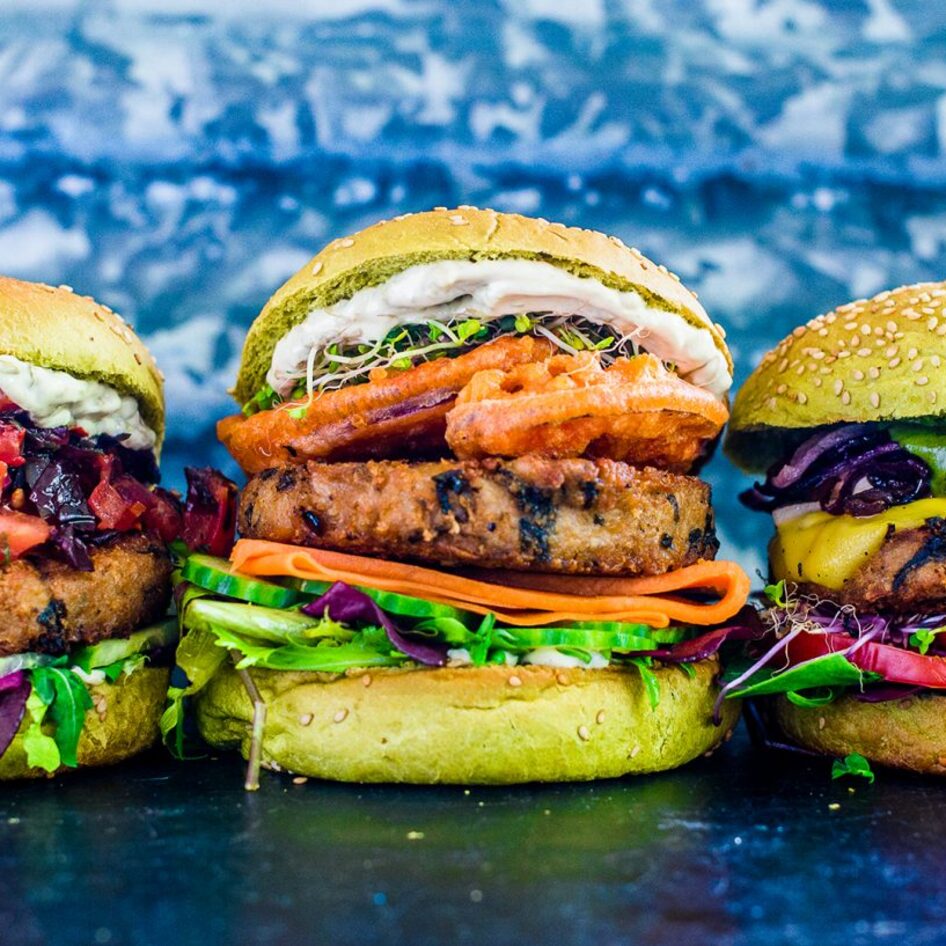A new report recently published in the Royal Society Open Science suggests that there is no better way to farm animals to mitigate the risk of zoonotic (animal-born) disease if the demand for animal products continues to rise. While there have been calls to reduce intensive factory farming practices in favor of smaller operations in an effort to reduce emerging infectious disease (EID) risk, the report concludes that this method isn’t the answer.
The report notes that intensive animal farming increases the risk of zoonotic-born pandemics because of the way we raise and slaughter animals—we transport them long distances, keep them in highly dense living conditions, and don’t care for their health and welfare. The zoonotic pathogens that emerge from this method of farming animals can occasionally spill over and cause pandemics in humans, and the report points out that the risks of this happening are escalating.
Assuming that demand for animal meat is to be met at current and growing levels with the growing human population, the report aimed to compare the risks of EID spread within current factory farms and those of smaller “lower yield” operations in an attempt to discover which method might be better for mitigating such risks.
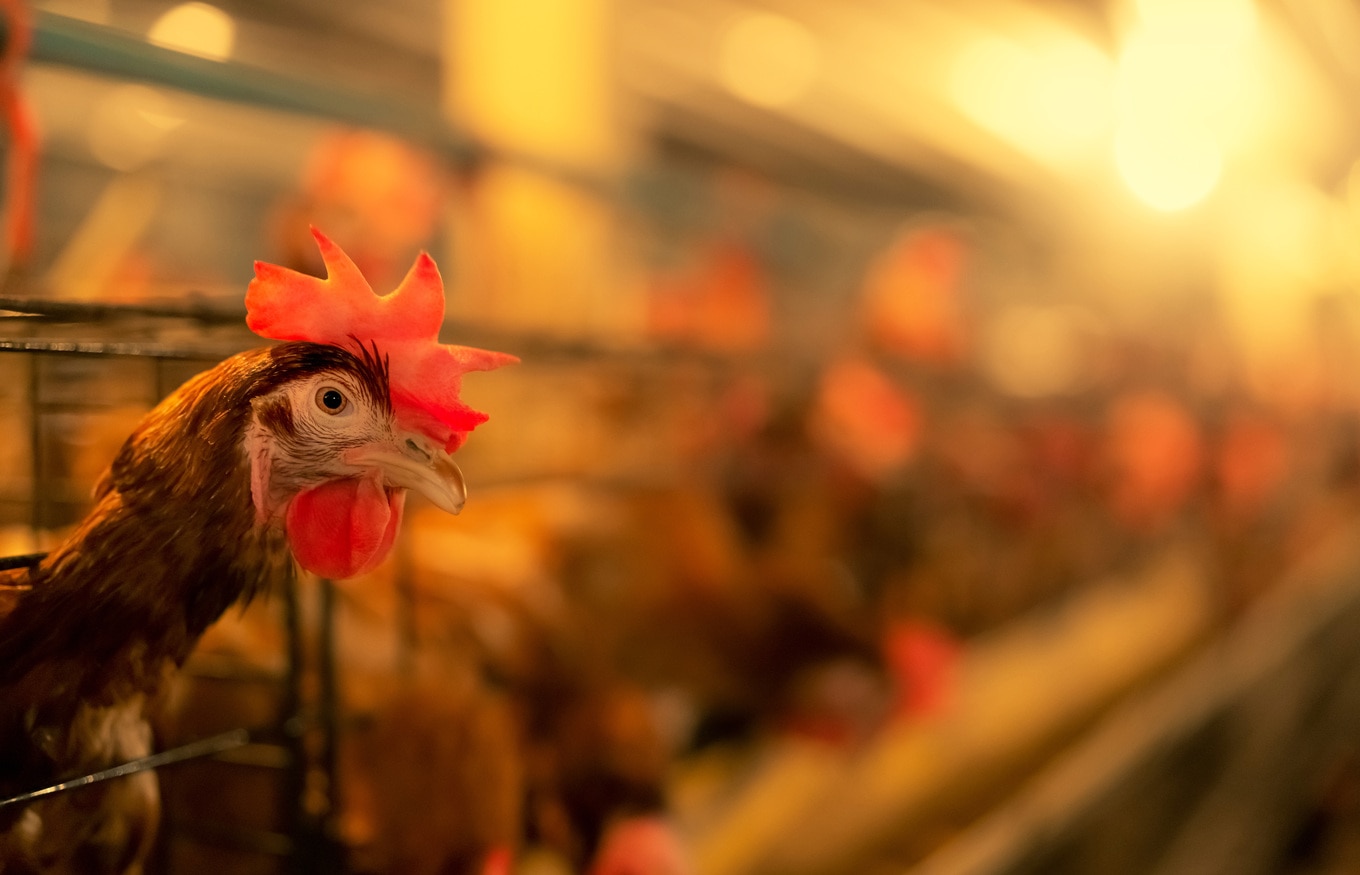
The report looks at the various pros and cons in the context of EID risk mitigation for both small-scale and large-scale animal operations, identifying that there are many gaps in knowledge for both. “We identify significant knowledge gaps for all potential risk factors and argue these shortfalls in understanding mean we cannot currently determine whether lower or higher yielding systems would better limit the risk of future pandemics,” the report concludes. “These gaps should, we suggest, serve as a call to action.”
The report’s approach and conclusion is predicated on the assumption that drastically slashing meat consumption—the best disease mitigation solution—is too difficult to achieve in the short term. “One approach proposed to reduce EID risks is to dramatically reduce meat consumption. In the extreme this could allow widespread restoration of natural habitats, increasing the health of wild populations while also greatly reducing opportunities for transmission to livestock and people—hence reducing the risks of disease emergence,” the report explains. “However, given long-term trends in per capita wealth and robust relationships between income and consumption of livestock products, reducing livestock demand substantially is likely to be extremely challenging. This means it is important to determine how any non-zero demand for livestock products can be met at [the lowest] cost in terms of EID risks.”
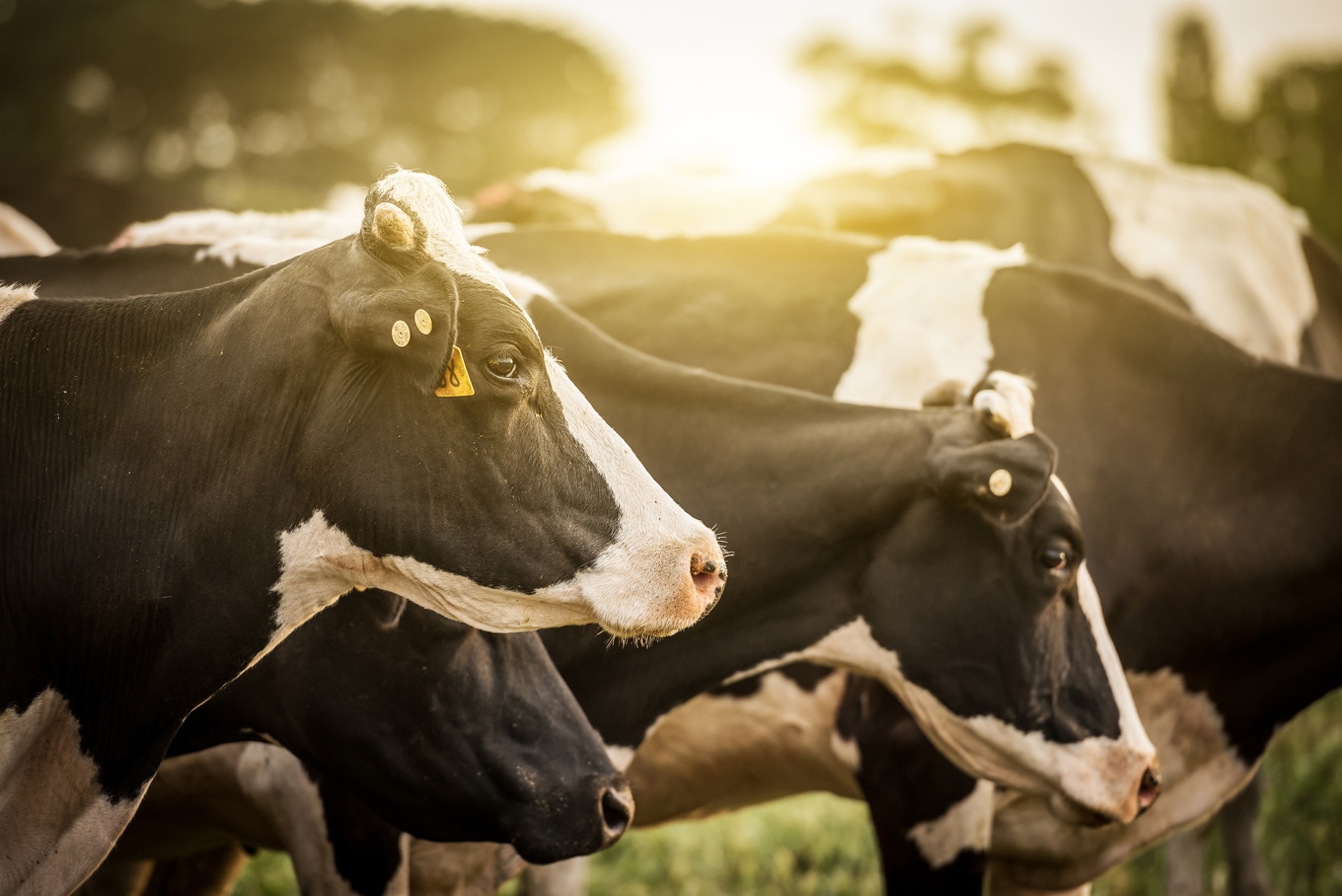
Meat consumption and climate crisis
Reducing the risk of zoonotic disease is just one reason that is motivating calls for substantial reductions in global meat consumption. Earlier this year, researchers at the University of Bonn in Germany released a study titled “Meat Consumption and Sustainability”—which will be published in October in the 14th volume of the Annual Review of Resource Economics. Here, the researchers examine the climate impact of animal agriculture against current meat consumption to come to the conclusion that in order to meet the climate goals set forth in the Paris Agreement, humans will have to reduce their meat consumption by at least 75 percent.
“If all humans consumed as much meat as Europeans or North Americans, we would certainly miss the international climate targets and many ecosystems would collapse,” study author Matin Qaim, a professor at the Center for Development Research (ZEF) at the University of Bonn, said in a statement. “We therefore need to significantly reduce our meat consumption, ideally to 20 kilograms (44 pounds) or less annually. The war in Ukraine and the resulting shortages in international markets for cereal grains also underline that less grain should be fed to animals in order to support food security.”
 Juicy Marbles
Juicy Marbles
Meat alternatives to the rescue
These two studies build upon a mountain of research around the myriad negative effects of animal agriculture, including the spread of diseases, increasing the likelihood of antibiotic resistance, and environmental degradation. And while bringing meat consumption down to zero might be extremely difficult as the new report states, the problematic factors of industrial farming are inspiring new innovations in the alternative protein sector with exactly this objective in mind.
Companies such as Beyond Meat and Impossible Foods transformed the plant-based meat industry with their beef alternatives only a few years ago. Now, both can be found on the menu at retailers and foodservice providers worldwide, including major chains such as Burger King and Starbucks, which have a wide international presence. And innovation in the plant-based meat space is targeting the whole cow, with companies such as Juicy Marbles developing new vegan steaks and filets.
Another growing pillar of alternative protein production is microbial fermentation. Alternatives here are made using fungi and yeast, living forms that can take the place of animals in protein production. One player is Nature’s Fynd, which makes its vegan sausage with the help of a microbe found inside thermal hot springs at Yellowstone National Park.
Another technology slated to disrupt traditional animal agriculture is cultivated meat, where a few animal cells are used to grow real meat in a bioreactor akin to making beer. This industry is young but has vast potential to change the way meat is produced, removing antibiotics and risk of zoonotic disease from meat production altogether.
 GOOD Meat
GOOD Meat
Currently, the only country in the world to grant regulatory approval to meat made in this way is Singapore—which approved the sale of cultivated chicken made by Eat Just subsidiary GOOD Meat in 2020. However, cultivated meat companies around the world are gearing up to scale their technologies as more countries are expected to join Singapore in granting regulatory approval.
And once all of these methods are optimized, visionaries in these fields, including Impossible Foods founder and former CEO Patrick O. Brown, see a future in the near-term where meat production will not be tied to animals and meat made without them will be the norm. This will eliminate the need to design cruel farming systems—of small, large, or intermediate sizes—for the purpose of containing zoonoses.
“Our mission is to completely replace the use of animals as a food technology by 2035. We’re dead serious about it and we believe it’s doable,” Brown said during a 2020 Web Summit conference. “I was confident that we would succeed when I launched this company, and now I’m completely confident. It’s game over for the incumbent [meat] industry—they just don’t realize it yet.”
For the latest vegan news, read:
Beyond Meat CEO Ethan Brown Says Vegan Steak Is Coming This Year
Cult-Favorite UK Chicken Shop Adds 9 Vegan Dishes
Ice Cream Brand Eclipse Raises $40 Million To Transform the Dairy Industry
JUMP TO ... Latest News | Recipes | Guides | Health | Subscribe

